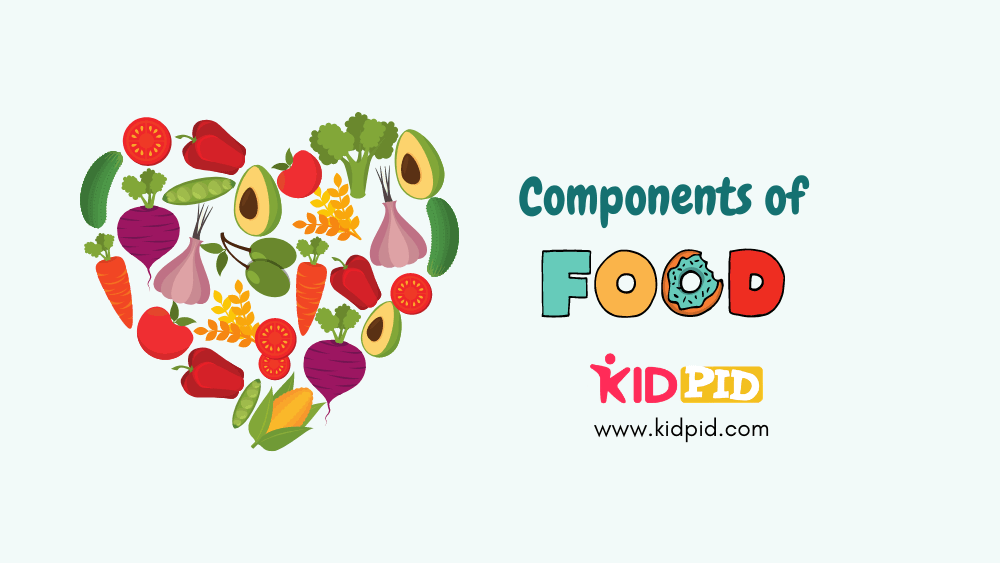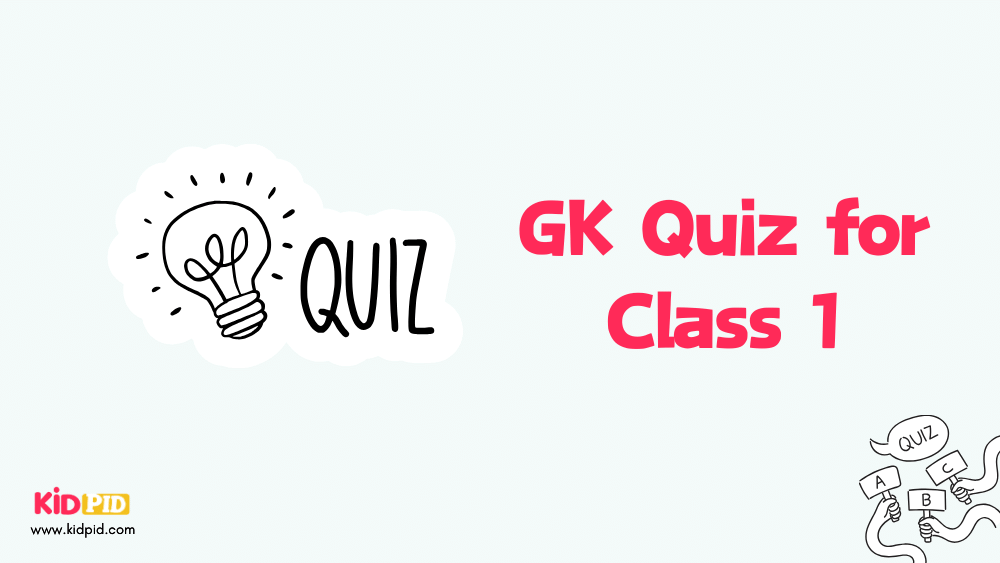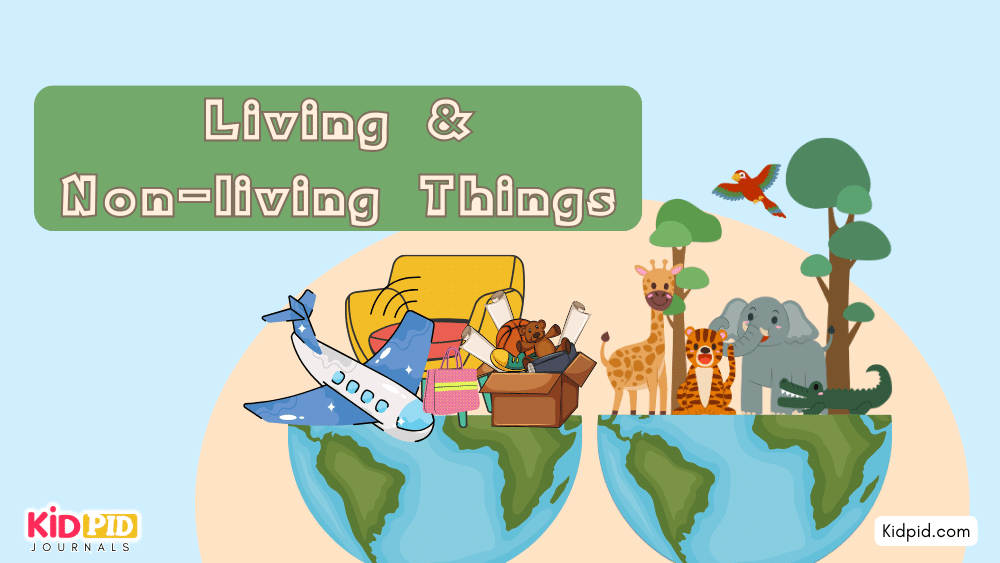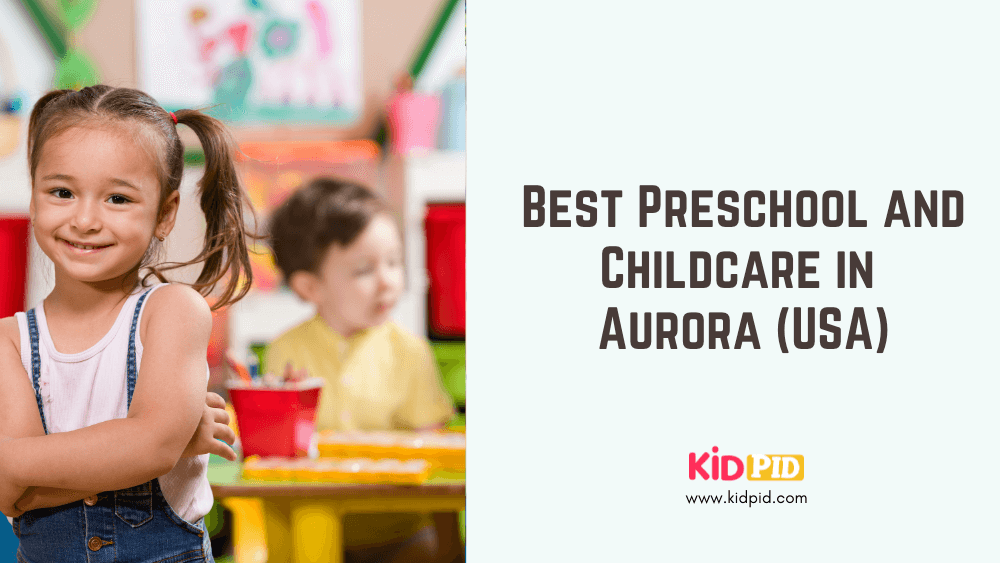Components of Food

Food gives us the energy to play and work. Food is necessary for all living things. Food helps us to grow healthy and strong. It protects us from diseases.
There are various types of food and different types of food help us in different ways some of those are as follows:-
Contents
BODYBUILDING FOOD
Some of the bodybuilding foods are milk, cheese, fish, eggs, pulses and meat. They help us to make our bones and teeth strong. Helps our body to make muscles that’s why they are called bodybuilding food.
ENERGY GIVING FOOD
Potato, rice, bread and sugar gives us energy and helps us to work and play. They also help our body to keep warm.
PROTECTIVE FOOD
Fruits, vegetables and nuts are are protective food because they help us to find diseases. They keep us healthy and strong.
BALANCED DIET
A diet that contains all types of food in the proper amount is called a balanced diet.
THE MAIN COMPONENTS OF FOOD ARE AS FOLLOWS:-
- Carbohydrate
- Fats
- Proteins
- Vitamins
- Minerals
- Water
- Roughage
1. Carbohydrates
The food which provides energy is carbohydrates. They give instant energy to our body to work. People who do more physical work(like labourers) need more carbohydrate.
Some of the food which contains carbohydrate are as follows- Potatoes, sweet potatoes, sugar, honey and cereals like wheat, rice etc. have many carbohydrates. Fruits like bananas, mangoes, watermelons and papayas also have many carbohydrates.
2. Fats
Fats also provide energy but they provide us twice the energy as much as that provided by the same amount of carbohydrate.
Example- A small spoon of butter provides more energy than a large slice of bread.
Some of the food which has fats are as follows–
Butter, cheese, egg yolk, groundnut oil, almond, soybean, full cream milk, sunflower oil and cashews.
3. Proteins
Proteins are known as bodybuilding foods. They are required –
- to make new cells of the body.
- to repair damaged body cells.
- to heal the wounds of the body.
Children require more protein than adults for the rapid growth of their body and pregnant women need extra protein for the development of the baby.
Some of the protein providing foods are-
Milk, pulses, chicken, eggs, peas, beans and soybean.
4. Vitamins
Vitamins required for the normal growth and development of the body. They are required in a very small quantity in comparison to carbohydrate, fat and proteins.
In the presence of vitamins, various reactions take place in our body. In the absence of vitamins, those important reactions cannot take place and which cause us to make ill.
So vitamins are known as protective foods.
Some of the important vitamins are vitamin A, vitamin B, vitamin C, vitamin D, vitamin E, vitamin K.
Vitamins are classified into two groups:
(a) Water Soluble Vitamins Vitamins which dissolves in water are vitamin B and C so they are known as water-soluble vitamins.
(b) Fat-Soluble Vitamins Vitamins which dissolves in fat are fat-soluble vitamin. Fat-soluble vitamins are vitamin A, D, E, K.
Some of the foods which rich in vitamins and there use are as follows-
Vitamin A– For good eyesight, healthy skin and hair. Sources are milk, butter, eggs, mangoes, green leafy vegetables, etc.
Vitamin B– For proper functioning of the digestive system, heart, nerves and muscles. Sources are milk, eggs, meat, green vegetables, cereals, etc.
Vitamin C– Increases immunity, and for keeping joints and gums strong. Sources are citrus fruits like oranges, lemons, amla, tomatoes, guavas, etc.
Vitamin D– For normal growth of bones and teeth. Sources are milk, fish, eggs, butter, etc.
Vitamin E– To maintain a healthy immune system. Sources are green leafy vegetables, vegetable oil, peanuts, etc.
Vitamin K– Helps to make a protein that helps in blood clotting. Sources are spinach, broccoli, soya beans, etc.
5. Minerals
Minerals are required for the body for its proper functioning, normal growth and to maintain good health.
Some important minerals which our body needs are calcium, phosphorus, iron, iodine, sodium and potassium.
Minerals are required-
- to build bones and teeth.
- the circulation of blood.
- for the proper functioning of muscles and nerves and the thyroid gland.
Some of the foods which are rich in minerals are-
- Calcium- Milk, eggs, fish, green leafy vegetables etc.
- Phosphorus- Milk, bananas, pulses, green leafy vegetables.
- Iron- Spinach, pulses, apples, cereals, green leafy vegetables.
- Iodine- Seafood like sea fish and iodised salt, fruits etc.
6. Water
Water does not have any nutrition but is necessary for life to exist. A person can live without food for several weeks but without water, we can not live for a few days.
Our body needs water to-
- transport digested food to the body cells.
- absorb nutrients from the digested food.
- maintain a constant body temperature.
- remove waste products from the body.
We should drink 2-3 liters of water every day to keep our body clean. Tomatoes watermelon and cabbage contain a lot of water.
7. Roughage
The dietary fibre present in the food is the roughage. Roughage helps to remove waste material from our body. Roughage is needed for the normal functioning of the digestive system.
Some sources of roughage are-
Mainly plant products like corncobs, ladies fingers, cabbage, etc.






Responses